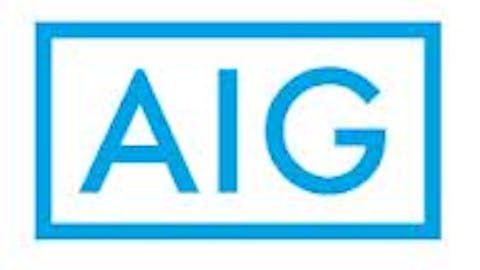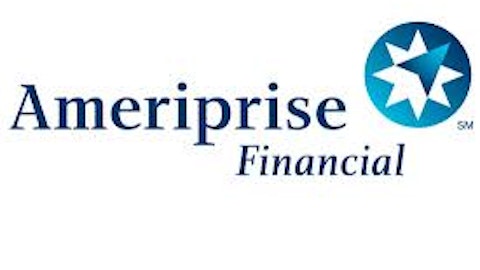The SEC is crafting so-called new Fiduciary Standards for broker-dealers and investment advisers that could also affect an array of previously exempt financial service providers.

As has widely been reported the Securities Exchange Commission has been tasked with devising new standards of care under the Dodd-Frank reform measure. While broker-dealers and investment advisers customarily performed similar duties, brokers have primarily acted in a sales capacity while not offering investment advice. And this is the domain of investment advisers. But these providers have been held to different standards of care.
SEC Proposes a Uniform Standard of Care
In sum, broker-dealers are required to ensure the products and services they sell fit their clients’ needs (the “suitability standard”). Investment advisers have been held to the more stringent standard of “fiduciary duty.” Included in this duty is a mandate to put the client’s best interest first, act with prudence, use professional judgment, and provide full and fair disclosure of all important facts.
The overarching issue is whether brokers and other previously exempt financial service providers are providing personalized investment advice about securities to retail customers.
However, the securities watchdog is not rushing a revised fiduciary standard to the market place. In fact the Commission recently called for more information from industry members and other industry participants about the potential impact of its proposal to apply a uniform fiduciary standard of care to broker-dealers and investment advisers.
In particular, the SEC has requested data that provides empirical and quantitative insight into the effects of a uniform fiduciary standard. The overarching question is the costs that such a rule would entail.
Of course this is a smart play by the agency since its ill-advised proxy-access rule was overturned by a federal appeals court back in July of 2011. The court ruled that the SEC failed to adequately analyze the costs of fighting in contested board elections and the agency failed to back up its claim the rule would improve shareholder value.
In a recent statement, the SEC’s interim Chairperson Elisse Walter said “this request for information will help us in our ongoing consideration of alternative standards of conduct for certain broker-dealers and investment advisers.”
How Does Proposed New Standard Affect Financial Service Providers?
If the new standard is adopted a financial service provider and retirement planning outfit like Ameriprise Financial, Inc. (NYSE:AMP) is already required to adhere to the 1940 Investment Advisors Act.
However, the new uniform standard could also apply to previously exempt firms like insurance companies. The outfits customarily offer term and whole life insurance products that are sometimes coupled with investment packages. This includes products like annuities and other non-traditional life insurance plans that invest in securities products. But insurance companies are regulated at the state level.
So firms like Primerica, Inc. (NYSE:PRI) and The Allstate Corporation (NYSE:ALL) that offer traditional and hybrid life insurance products could face new regulatory oversight.
Ameriprise Financial provides an array of financial products and services (including financial planning) to its customers. The company’s share price recently hit a new 52 week high and is hovering around the $73 mark. Average volume has reportedly been about 1.4 million shares over the past 30 days. The firm has market cap of $14.64 billion and shares are up about 15 percent this year. The price increase can be attributed in part to the firms’ revenue growth, expanding profit margins, rising increase in net income.
Primerica, Inc. (NYSE:PRI) Financial Services also offers a variety of financial products like life insurance, mutual funds and debt consolidation. The company has a smaller market cap than Ameriprise (about $1.8 billion), but recently joined the Standard & Poor’s Mid Cap 400 index. The company’s price earnings ratio is about 11 percent (lower than the S&P average of 17.7). The company is set apart largely because of its huge sales force. Primerica, Inc. (NYSE:PRI) has almost 100,000 life insurance licensed representatives. Also, more than 50% of its mutual fund reps have been licensed as the company makes a push into the investment side of financial services.
The Allstate Corporation (NYSE:ALL) provides personal property and casualty insurance, life insurance and retirement and investment products. The firm has also hit new 52 week highs and it is trading at about $48.60 (above its previous 52-week high of $48.30). Average volume has been 3.1 million shares over the past 30 days. The Allstate Corporation (NYSE:ALL) has a market cap of $22.88 billion and shares are up 19% this year. The stock price performance is largely a reflection of solid revenue growth, a sound financial position and good cash flow from operations.
The bottom line: broker-dealers and exempt financial service providers could be required to adhere to a more stringent fiduciary duty. This has many legal and regulatory implications that will really mean higher operating costs as companies meet new licensing and educational requirements for their sales force. And these costs will ultimately be passed onto consumers.
Ultimately, however, these outfits will continue to prosper regardless of the regulatory umbrella they fall under. Given the fact that the larger financial services sector still faces many hurdles, these outfits may offer better buying opportunities.
The article New SEC Fiduciary Duty Standards Loom Large for Financial Service Providers originally appeared on Fool.com and is written by Kyle Colona.
Copyright © 1995 – 2013 The Motley Fool, LLC. All rights reserved. The Motley Fool has a disclosure policy.



